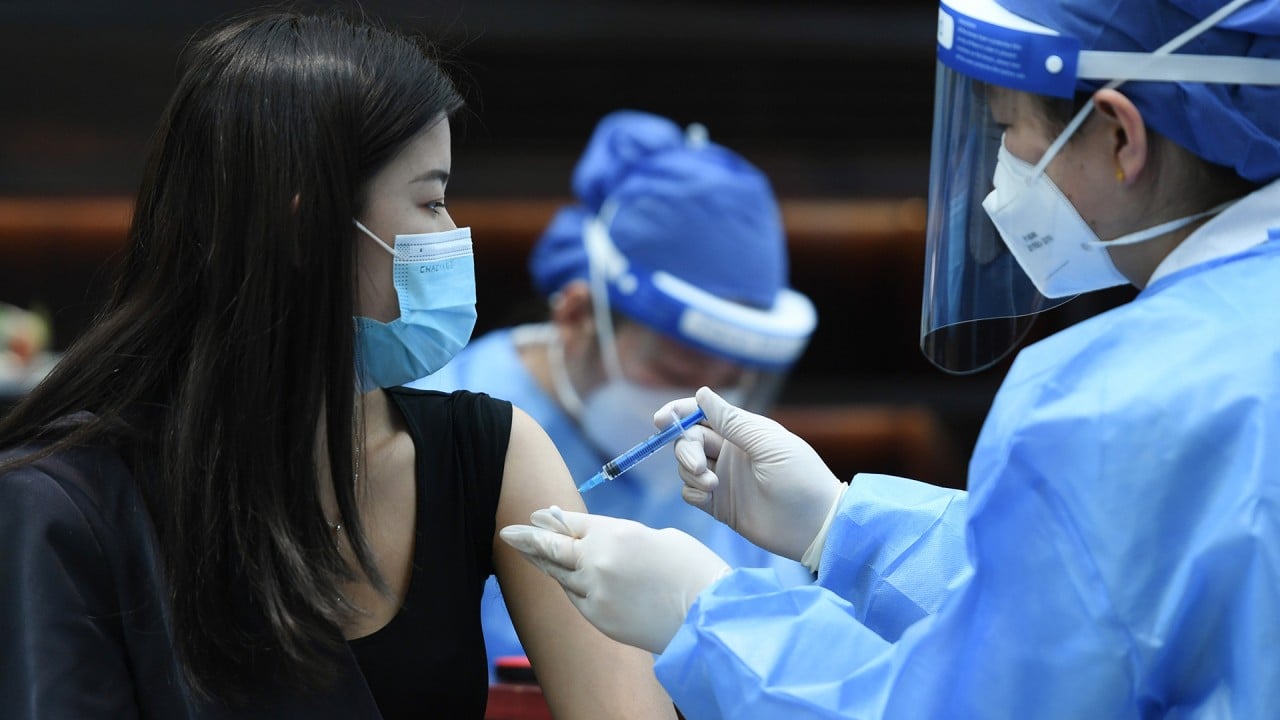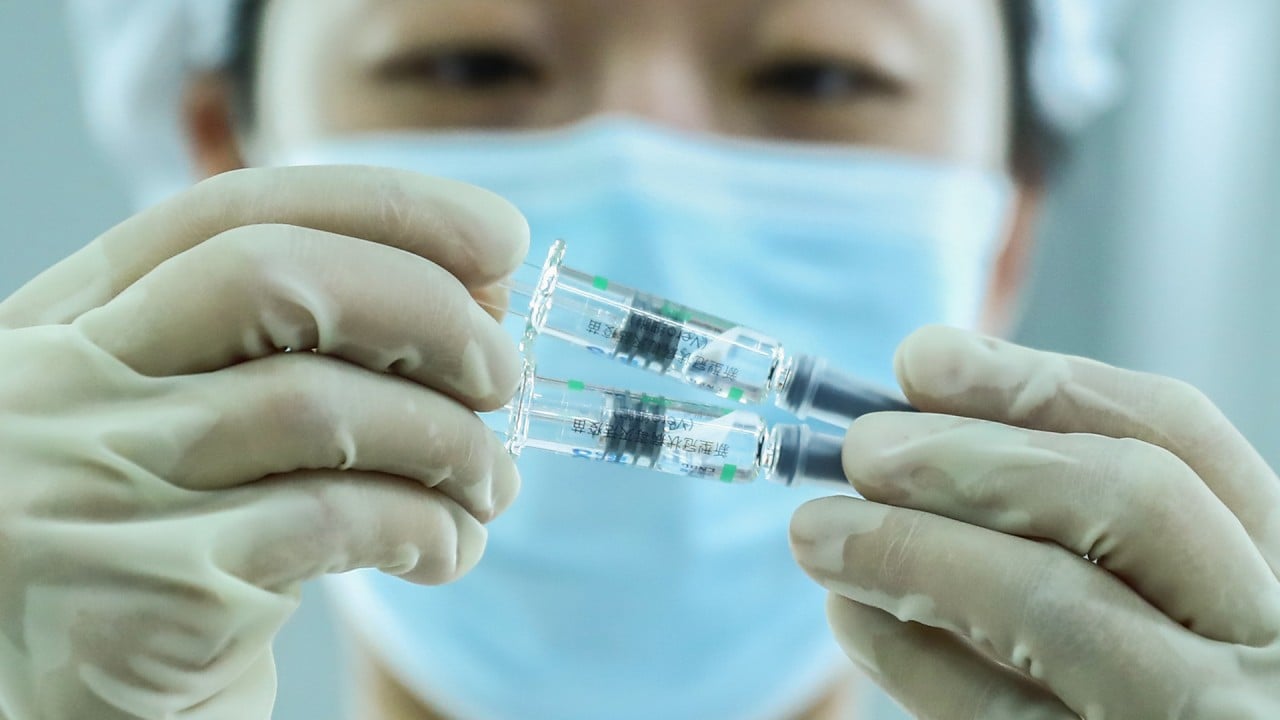
WHO’s Sinopharm approval opens the door to distributing Chinese vaccines abroad
- In addition to dealing with spikes in India and Brazil, countries that border China should also receive priority for Chinese vaccines
- Being active in Covax and other multilateral channels can help overcome geopolitical hurdles and ensure access to more foreign markets in the future
The development is historic given that the Sinopharm product is the first solely from a developing country to be included in a globally recommended treatment mechanism for dealing with an ongoing infectious disease. The five products already on the emergency use listing are made by companies in developed countries, except for one done as a collaboration with the Serum Institute of India, a company of global renown.
Yet, the global vaccine industry operates in a hierarchy between products approved by stringent regulatory authorities – those that set standards for the rest of the world – and those approved by national regulatory authorities. China’s vaccine approval authority is in the national category.

02:06
After ramping up vaccination drive with incentives, China administers 200 million Covid-19 shots
For a vaccine approved by the Chinese regulatory authority, examination of its data by the WHO’s Strategic Advisory Group of Experts on Immunization (Sage) is equivalent to review by a stringent regulatory authority.
Sage experts conducted on-site inspections at the production facility in China before reaching their decision. The emergency use listing is therefore a reference to national regulators that a product is safe and effective for adoption.
For one thing, countries that are “vaccine deserts” are likely to have poor basic health infrastructure for inoculation, post-injection surveillance and related data gathering. China should therefore find a balance between satisfying needs and protecting the prospects of its vaccine industry by assessing contributions to its post-inoculation assessments.
With the emergency use listing granted, multilateral collaboration is essential for China’s vaccine industry. Covax as a distribution channel can help enhance confidence in the reliability of product data, including after inoculation.

02:01
China considers mixing Covid-19 vaccine types to boost effectiveness
It is equally important for China’s vaccine industry to note that regulatory authorities in the European Union, Britain and the United States have yet to examine the Sinopharm product. There could be many possible reasons for this, including that Sinopharm has not submitted applications for approval in the first place.
However, enriching and strengthening networks of researchers, scientists and engineers in different countries can hopefully help ameliorate such consequences on further development of the Chinese vaccine industry.

06:18
SCMP Explains: What’s in a Covid-19 vaccine?
One option China should consider is procuring vaccines made by American and European companies through the Covax advanced marketing mechanism. Alongside, China can also encourage science-based interactions between vaccine professionals in China and abroad.
China should be proactive in working with the WHO and other international bodies to ensure Covax and similar schemes are a success. Being active in multilateral channels is also conducive to China’s eventual entry into markets with stringent regulatory authorities for vaccines and medical products.
Zha Daojiong is a professor in the School of International Studies and Institute of South-South Cooperation and Development at Peking University

